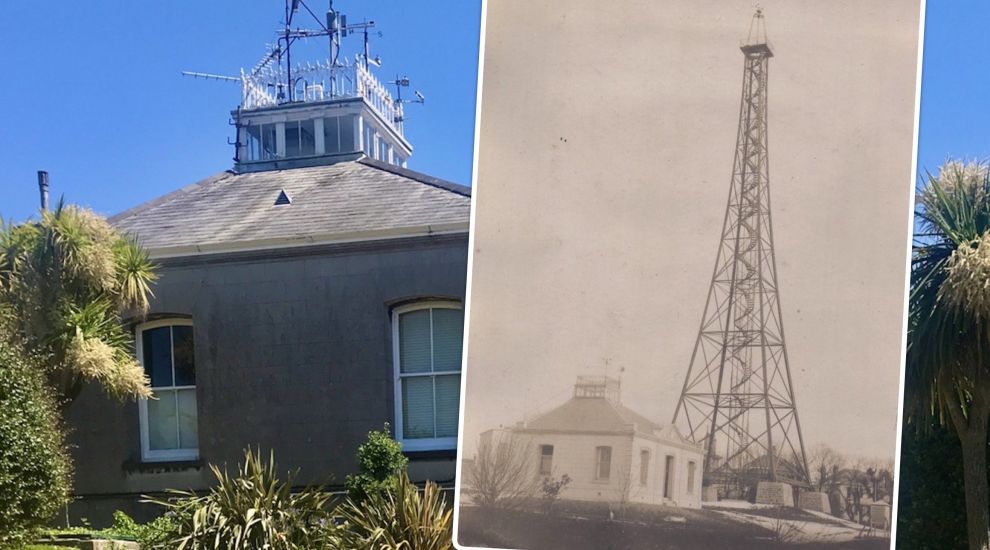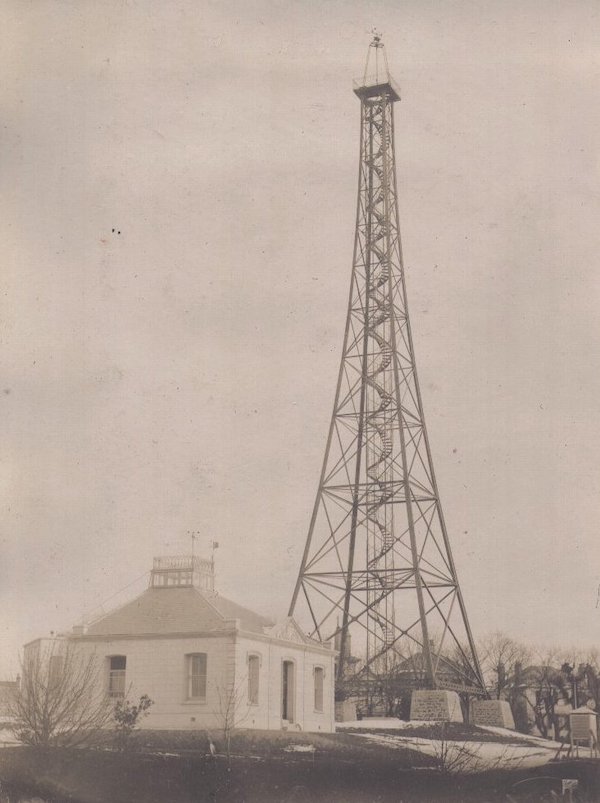


Jersey's Maison St. Louis Observatory has gained global recognition after 125 years of weather recording.
Founded in 1894 by Jesuit Father Marc Dechevrens, the observatory is one of just 94 meteorological stations around the world - including stations in Burkina Faso, Norway and Kazakhstan - to have been granted centennial recognition by the World Meteorological Organisation (WMO).
Currently, the UK has six stations that have received centennial recognition, with Jersey’s Maison St Louis Observatory being added to the list this year, along with Oxford, which is the second-oldest observatory in the world.
The WMO works with weather stations across the world to highlight the importance of climate research. As part of this, it recognises long-term observing stations, which have contributed to our understanding of climate and weather. It also works to ensure these stations continue to record the weather into the future.
Members of the WMO can apply for centennial recognition each year and must meet a list of criteria.

Pictured: Maison St. Louis Observatory celebrated 125 years of weather recording last year.
“Having been an Observation station since 1894, it is great to finally have Maison St Louis Observatory centennially recognised by the WMO," Principal Meteorological Officer at Jersey Met, John Searson said.
“Long-term meteorological observations are part of our cultural and scientific heritage and allow future generations to learn more about how variable our climate is, and how it has changed over time.
"The local weather records are used by Jersey Met forecasters on a daily basis and an excellent example of how these long standing records can be used was the work done to show the change in annual mean air temperature for the Island over the last 125 years, displayed as the ‘Jersey Climate Stripes’ painted at the St. Helier Waterfront.”
Comments
Comments on this story express the views of the commentator only, not Bailiwick Publishing. We are unable to guarantee the accuracy of any of those comments.